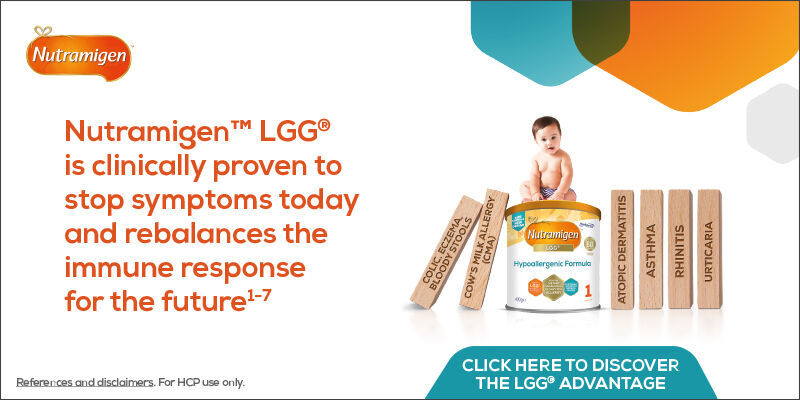Most patients find advantages with online GP consultations when compared to traditional methods, including speed and flexibility.
Researchers at the University of Manchester analysed written comments from just under 12,000 patients who used an online consultation system at 240 different GP practices, and conducted long-form interviews with 25 patients.
They found that ‘most patients identified advantages’ of the online system over in-person or telephone appointments, especially for ‘simple’ health issues such as rashes or colds.
‘In general, patients believed the OCS was quicker, more flexible, and more efficient than traditional consulting methods,’ the researchers concluded.
The study also revealed that male patients were ‘more likely’ to use an online consultation system, and many older patients, despite ‘preconceptions’ about digital aptitude, preferred the system to traditional methods of contacting their GP practice.
However, there was a cohort of patients ‘with an evolving negative attitude’ towards the ongoing use of online consultation systems after the peak of the pandemic.
While for some, this attitude was down to concerns about the clinical safety and the ‘impersonal’ nature of online consultations, there were others who ‘could not articulate specific reasons why in-person consultations were preferable’.
‘These views may have been fuelled by rhetoric in the British media and government that GP practices were not conducting in-person appointments during the COVID-19 pandemic,’ the researchers suggested.
There was variation in how practices use the online consultation system to manage demand, and this had an impact on patient feedback about access, according to the study.
It said: ‘Many GP practices limited its availability and number of requests that could be submitted by patients each day to avoid being overwhelmed.
‘Uptake of the OCS was high and demand almost always exceeded these limits.’
Earlier this year, one LMC advised practices to switch off their online systems outside of core hours ‘at a minimum’, and even consider disabling them during core hours as a response to ‘unmanageable and unsafe workload’.

The researchers found that how GP practices implemented the online consultation system was ‘often the key driver of patient experience’.
Recommendations to ‘optimise’ patient experience therefore included: communicating clearly to patients if limiting the availability of the system; providing support on the telephone for patients who struggle with using it; and sending a brief acknowledgement message to patients to confirm receipt of their request.
Other findings
Benefits:
- Most patients reported the primary benefit as the ability to receive a quick response to their query compared to the typical two- to three-week wait for routine in-person appointments;
- The ability to provide detailed information in advance of any telephone of in-person consultation was felt to be efficient;
- Many patients reported the system had a positive impact on the relationship with their GP practice, due to the perception of a ‘personal’ service where staff responded quickly and the GP was directly involved;
- Almost all patients felt it was beneficial to have a written record of communication with their GP practice;
- Although some patients found the chatbot questions impersonal, most thought they were useful prompts which mirrored conversations with clinicians in traditional consultations;
- Patients liked the ability to write, review, and edit queries in their own time, with some comparing to in-person appointments where they often felt rushed or worried about forgetting to share key information;
- Some patients felt the online consultation system was safer as a clinician could overlook important information delivered verbally during in-person/telephone appointments.
Concerns:
- Patients frequently criticised GP practice websites for being overloaded with information;
- Patients expressed irritation when the GP had not read the details of their request prior to an in-person or telephone consultation, which dissuaded them from providing in-depth information in future;
- In practices using ‘total digital triage’, many patients felt forced into using an online consultation system;
- A minority of patients feared using the OCS may misdirect GPs to an incorrect diagnosis.
Source: BJGP
Lead author Dr Susan Moschogianis said: ‘Most of the patients in our sample said they preferred online consultations because they are more convenient, flexible, and efficient than in-person appointments for dealing with simple health problems such as rashes or colds.’
Senior author Dr Ben Brown said the findings ‘provide new insight’ into patient preferences for either in-person consultations or online consultations.
He said: ‘We found that patients’ experiences of using these systems could be influenced by a range of factors such as the different demographics of patients and different conditions they are seeking help with.
‘But also how GP practices conduct online consultations and aspects of the technological design were found to be key drivers of positive patient experiences.
‘Some patients who struggle to communicate in in-person appointments, such as patients with autism, hearing loss and anxiety, prefer using online consultations.
‘And some patients, especially men, preferred discussing sensitive topics online.’
The study was conducted between March 2020 and July 2022, and covered only practices using the PATCHS online consultation system.
Last month, a study by researchers at the University of Oxford found that serious harm to patients associated with remote GP consultations is ‘extremely rare’.


















Sadly this g@rbage will have been funded with public money.
Ever met your diabetic patient down the supermarket? How well did the contents of their trolley correspond with their reported eating habits at diabetic clinic? An overlap perhaps, but the discrepancy is likely rather obvious, even to academics.
Use carefully constructed questions, subject the results to carefully selected statistical voo-doo and you can get any answer you want.
Surveys are meaningless, what matters is what is what people actually do when offered a choice.
Patient initiated non-F2F consults are higher-risk, and hold no benefit for the clinician. Yes, more convenient for the patient, of lower perceived value, and higher “DNA” rate. When things go wrong, will the GMC care that your misdiagnosis was caused by the poorer quality modality of the interaction and the absence of a physical examination? I think not.
This study seems very self – selecting . I suspect those patients who are blind, have severe learning difficulties, severe hand arthritis, very elderly, children and babies, those with dementia etc etc ( you get my drift ?) did not participate
Come on people – why all the negativity. They interviewed a whole 25 people. That’s nearly as many as I treated today. And as a proportion of the 1m+ we saw between us all last month it is statistically relevant enough to mention on pulse …….
There is a plan. And we are simply not part of it.
Post truth, does anyone who actually speaks to patients believe this tripe.